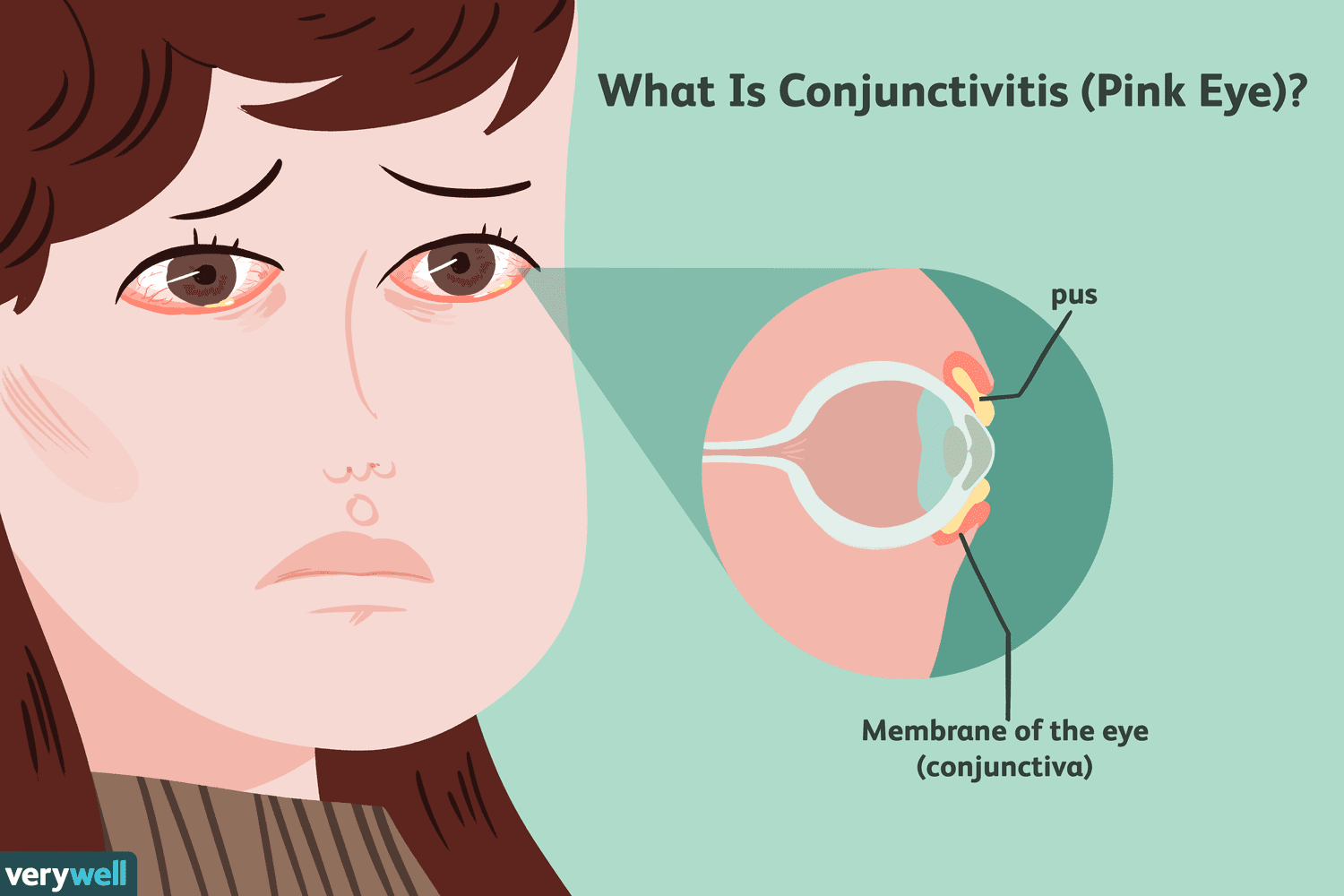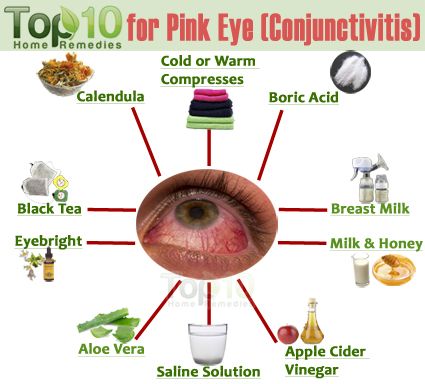
There are a number of conjunctivitis treatments available on the market. These include a cool water compress, which is soothing to the affected eye, or a warm water compress. While these methods can help relieve pain and reduce redness, it is important to keep in mind that wearing eye makeup can cause the infection to recur. It is best to avoid touching both eyes with the same cloth, which can spread the infection. Likewise, patients should stop wearing contact lenses or wear them only when the infection is gone.
A doctor may prescribe eye drops for conjunctivitis. These can be purchased over the counter at a local pharmacy or from your eye doctor. These can help ease stickiness and soreness in the eyes. These treatments are usually not necessary, but you should follow the instructions on the label. A simple cotton wool soaked in water can also be used to clean discharge from the eyelids. If you can't afford to visit a doctor, consider using lubricant eye drops.
If your pink eye is caused by a virus, you may need antiviral medications to fight the infection. Antiviral medications will help control the outbreak, and a prescription for allergy eye drops will help control allergic reactions and restore vision. If you're not sure what's causing your pink eye, you can ask your doctor to prescribe allergy eye drops. They may contain a variety of medications, but the most common are corticosteroids and antihistamines.
Depending on your symptoms, you may be able to get treatment from your doctor or optometrist. During treatment, your eye doctor will prescribe antibiotic eye drops or other medications. Antibiotics should be taken for three to four days. If you are suffering from a viral infection, antibiotics will not help. Rather, you will have to take the medicine for the full course. Artificial tear solutions and cool compresses may help relieve symptoms. Topical steroid eye drops will reduce discomfort but will not cure the infection.

In addition to antibiotics, treatment for conjunctivitis may include lubricating eye drops. These eye drops can be purchased over the counter at a pharmacy or prescribed to you by your doctor. They can help relieve the stickiness and soreness associated with this condition. For the most severe forms, your doctor may prescribe an antibiotic. Fortunately, in most cases, conjunctivitis goes away on its own and no medication is needed.
For bacterial conjunctivitis, antibiotics are usually prescribed. These medications can be given to patients as eye drops or ointments. Although antibiotics can treat this disease, they are not a panacea. Instead, antibiotics are used to prevent the infection from recurring. If you are concerned about the risk of complications, consult your doctor Wikanda Rattanaphan. They can help you find the right treatment.
There are several antibiotics available for conjunctivitis. Antibiotics can be applied to the affected eye. The medications are usually effective within a few days, but they can have side effects and should not be used for more than a few weeks. Regardless of the type of conjunctivitis, it is vital to seek treatment as soon as possible to reduce the risk of permanent damage. These antibiotics can help prevent the inflammation and even cure the condition in some cases.
Depending on the cause, some conjunctivitis treatments can be prescribed. For example, patients suffering from an allergic condition can avoid a particular allergen, such as pet dander or pollen. Alternatively, healthcare providers can prescribe eye drops that contain antihistamines or vasoconstrictor medications to control the symptoms. Taking a vitamin C supplement can also be helpful. If you have an allergic reaction to an allergy, a physician should prescribe an antihistamine that will help reduce the inflammation.
Some individuals may experience an allergic reaction to a chemical, such as a pesticide. In these cases, it is important to get treatment immediately. Some of the conjunctivitis treatments may include using an over-the-counter antibiotic to treat an allergic reaction. If you are experiencing symptoms that are not associated with an allergy, it is best to consult a physician. If you are not sure about your specific condition, your doctor will prescribe an oral or topical solution to alleviate it.
